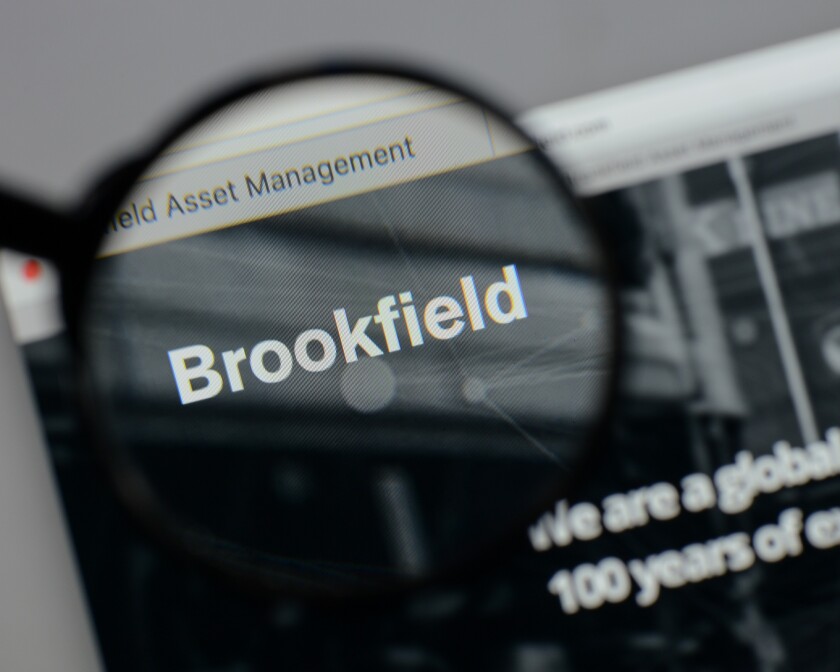Shareholders at Brookfield’s AGM voted 73% to 27% against the motion for the Canadian company to adopt the Global Reporting Initiative standard on Friday, June 9.
The BC General Employees’ Union put forward the shareholder proposal on April 28, but the board of directors unanimously recommended that shareholders reject the adoption of GRI, in a circular on May 9. However, the board stressed that the company expects to comply with public country-by-country reporting (CbCR).
“Brookfield intends to comply with the EU public [CbCR] requirements that will become effective in 2024 or 2025,” the board told shareholders. “It would be premature, however, to adopt voluntary disclosures which could result in disclosures that could put Brookfield at a competitive disadvantage.”
The GRI offers multinational companies a voluntary framework to publicly disclose tax receipts in every country where the business operates. Energy and resource companies including Rio Tinto, Shell and TotalEnergies have all adopted the GRI standard.
Gaining momentum
Brookfield shareholders may have rejected the GRI, but the groups promoting it among investors are not going to give up on tax transparency.
Jason Ward, principal analyst at the Centre for International Corporate Tax Responsibility in Sydney, argues that 27% was “incredible” for a first-time resolution on an issue that is new to many investors.
“The vote in favour of the resolution at Brookfield is particularly remarkable, given it is the first time the resolution has been voted on at any Canadian-headquartered company,” says Ward.
“This clearly shows momentum among major long-term investors in support of greater transparency, despite the possibility that it could lead to higher tax payments,” he tells ITR.
Meanwhile, technology companies such as Amazon, Cisco Systems and Microsoft have held votes and investors have so far rejected the voluntary reporting standard at AGMs.
According to Ward, the highest level of shareholder support for the GRI in these votes was 27% at Cisco Systems last year. While 24% of Microsoft shareholders backed the GRI, just 17% of Amazon shareholders voted for the measure.
“Aggressive tax avoidance and the lack of transparency are clearly seen by growing numbers in the investment community as outside the norms of responsible business conduct and not in the interests of long-term investors,” says Ward.
Brookfield is one of the world’s biggest asset management firms. The Canadian company manages over $800 billion in global assets, including part ownership of Canary Wharf and Manhattan West. Last week, the firm faced claims of tax avoidance over its global network of subsidiaries.











